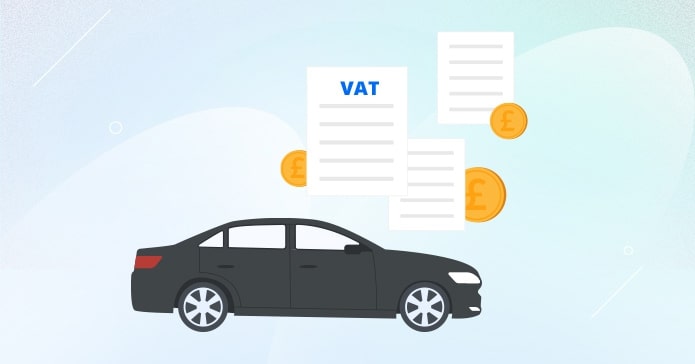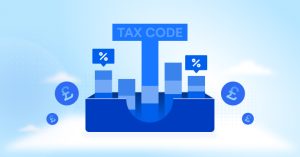When purchasing a used or second-hand car, it's important to understand the implications of value-added tax (VAT). VAT is a type of sales tax that is applied to most goods and services in many countries around the world. The general rule is to pay 20% VAT when buying something that`s included in the price, but is there a VAT on a used car, in other words second-hand car?
In this article, we will discuss whether there is VAT on used cars, how to calculate VAT on a used car, and the difference between VAT on a dealer and VAT on a private seller when buying a second-hand car.
Is There VAT on Used Cars?
The short answer is yes, there is usually VAT on used cars. However, the amount of VAT that applies can vary depending on the specific circumstances of the sale. In general, if you are buying a used car from a dealer, you will need to pay VAT at the standard rate of 20%. This is because the dealer is considered a business and therefore must charge VAT on their sales.
However, if you are buying a used car from a private seller, there may not be any VAT added to the price. This is because private sellers are not considered businesses and therefore do not have to charge VAT. In this case, you will only pay the price of the car without any additional tax.
For pre-registered cars, those that have never been owned and registered to an individual, VAT will still apply. This is because the car has technically been sold by a business, even though it may not be a traditional dealership and still on relatively low delivery mileage.
For more information about business mileage schemes, read our blog
How to Calculate VAT on a Used Car
If you are buying a used car from a dealer, calculating the VAT should be straightforward. The dealer will include the 20% VAT in the price of the car, so you won't have to do any additional calculations. However, if you are buying from a private seller or a dealer who is not VAT registered, you will not need to calculate VAT as it will not be included in the price.
Second-hand margin scheme
One exception to this rule is when purchasing a car through the second-hand margin scheme. This scheme applies when a business is not VAT registered but sells second-hand goods, such as cars. In this case, the seller only charges VAT on the profit they make from the sale, rather than the entire price of the car. This means that you may see a lower VAT amount added to the price of the car, but it will still be included in the final cost.
The Difference Between VAT on a Dealer and VAT on a Private Seller
Aside from potential differences in VAT rates, there are other considerations to keep in mind when buying a used car from a dealer versus a private seller. One major difference is the level of protection and legal rights you have as a buyer.
When purchasing from a dealer, you may be covered by consumer protection laws that can help if there are any issues with the car. This includes regulations on faulty goods and misleading information about the car's condition. On the other hand, buying from a private seller usually means "sold as seen" without any guarantees or legal protections.
In addition, dealers often offer warranties and other services for used cars that private sellers typically do not. This can provide added peace of mind when making a purchase.
Conclusion
When buying a used car, it's important to understand the implications of VAT and how it may vary depending on the seller. In most cases, there will be 20% VAT applied when purchasing from a dealer, while private sellers may not charge any VAT. It's also important to consider the other differences between buying from a dealer and a private seller, such as legal protections and additional services offered. By understanding these factors, you can make an informed decision when purchasing a used car. So, it is always advisable to do thorough research before making a purchase to ensure you are getting the best deal and understanding any applicable taxes. And remember, always ask for a receipt or invoice when buying a used car - this will show whether VAT has been charged and can serve as proof of ownership. Happy car shopping!













